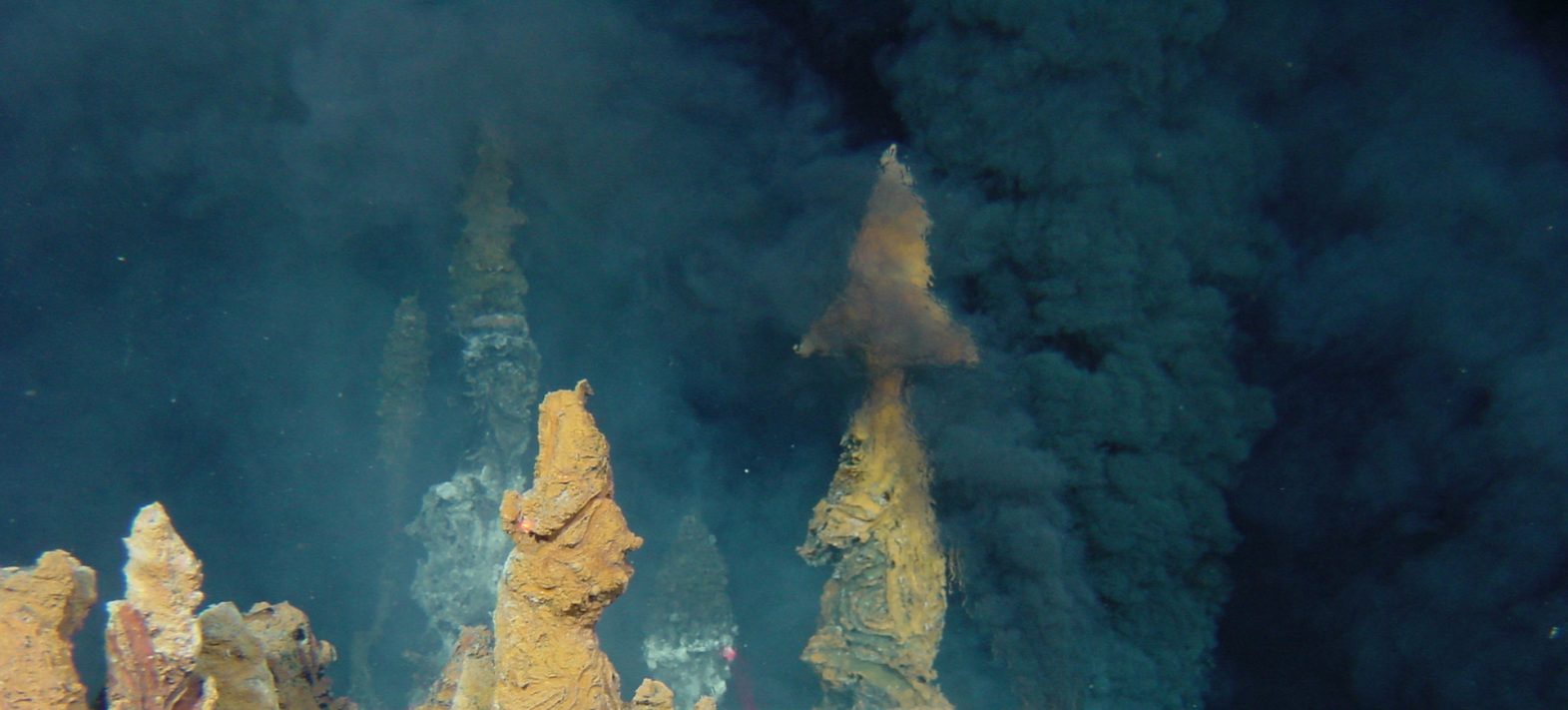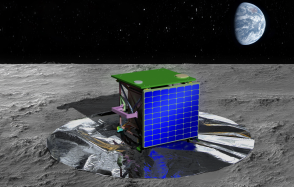Abyssal serpentinites, evidence of the geochemical variety of the Earth’s ocean floor
By comparing the geochemical record of different types of abyssal serpentinites, a French team has revealed major chemical disparities in the rocks that make up the ocean floor around the world.

© Ifremer
Publication date: 30/10/2024
Research
Related teams :
Lithosphere Organosphere Microbiosphere (LOMs)
Related themes : Earth and Planetary Interiors










